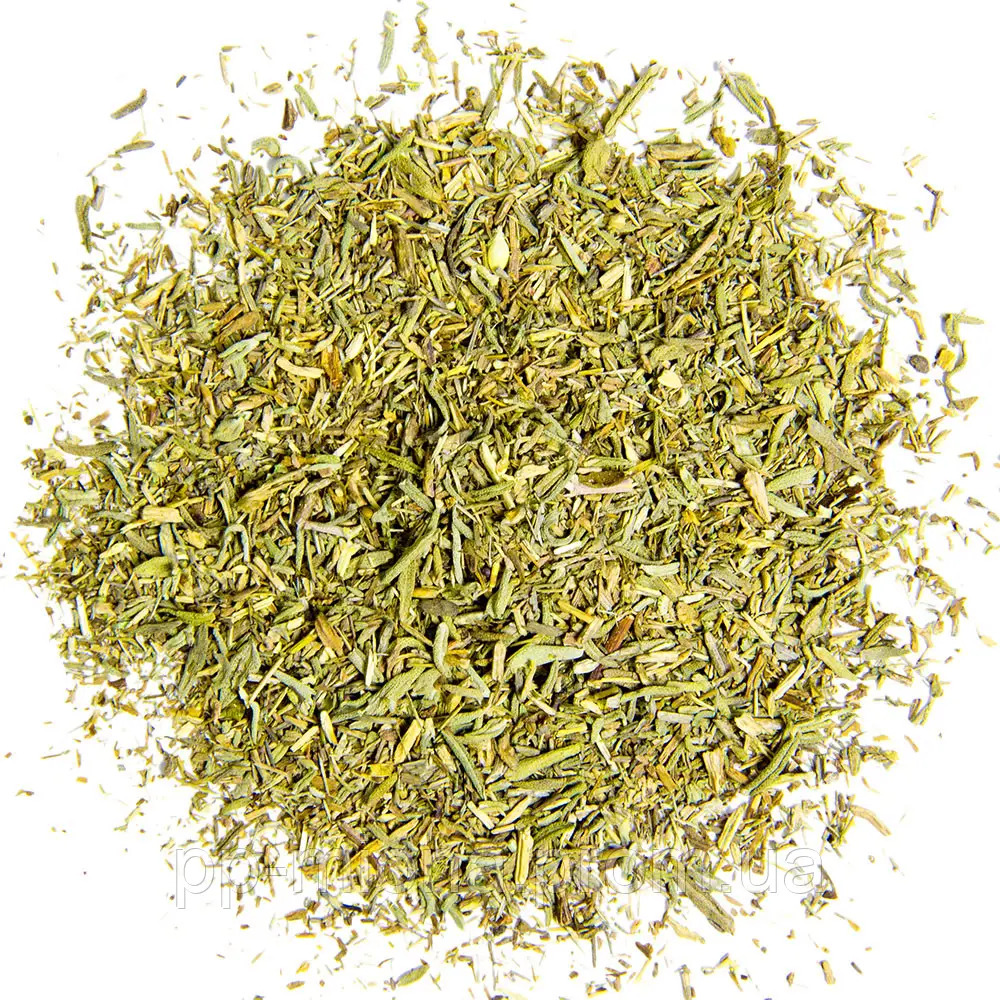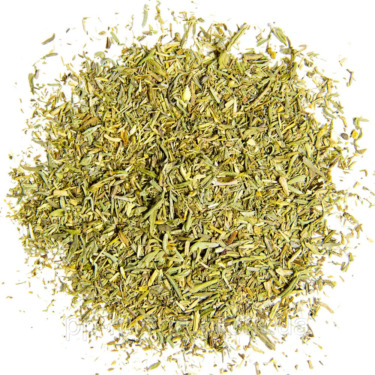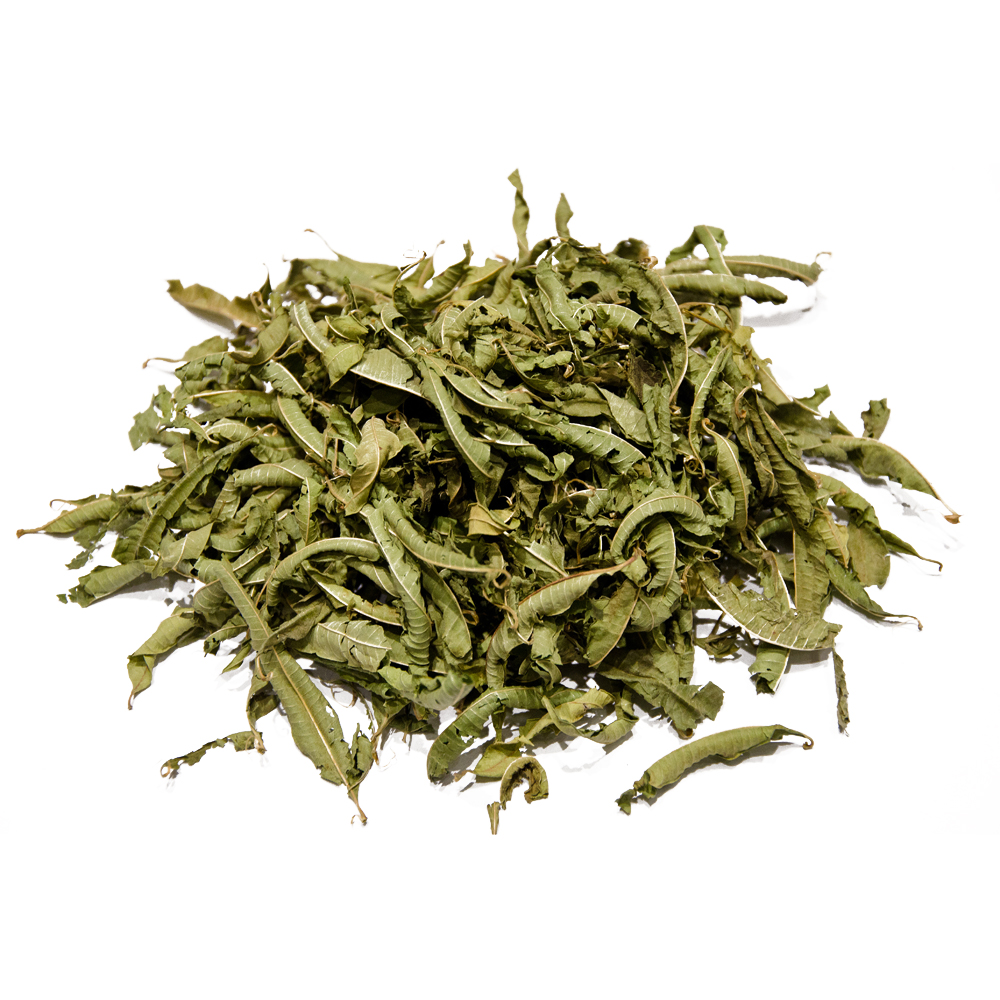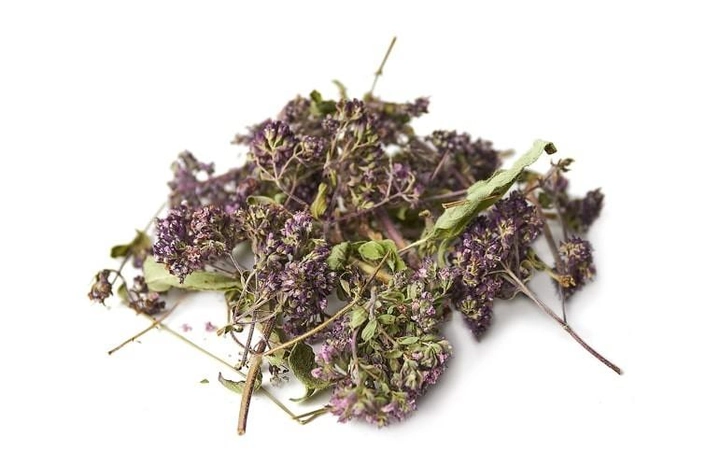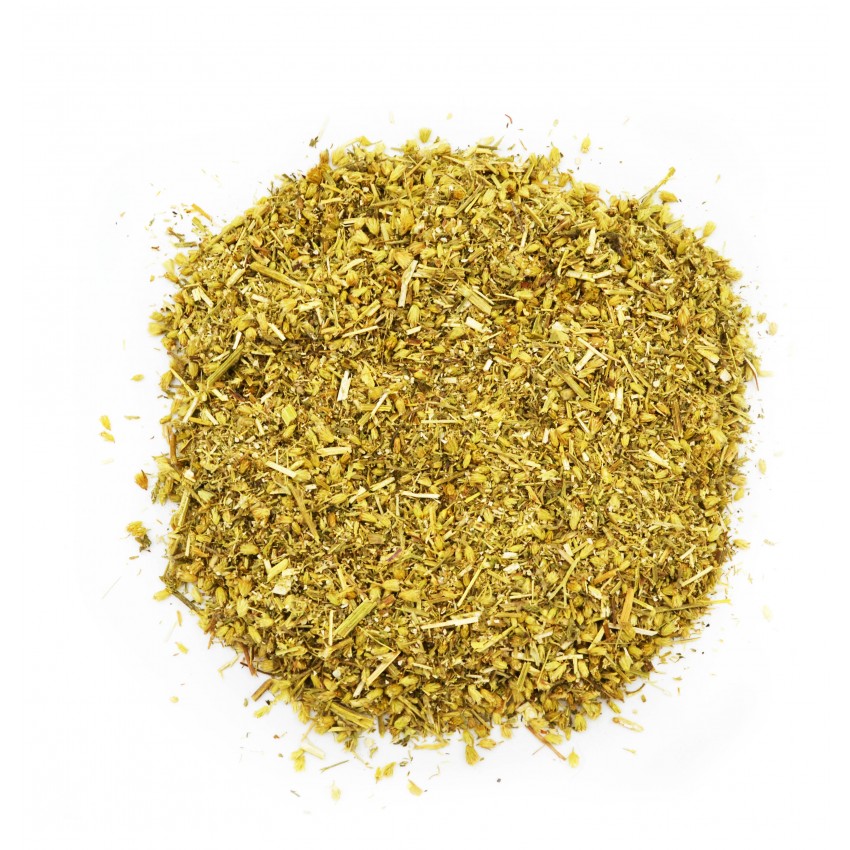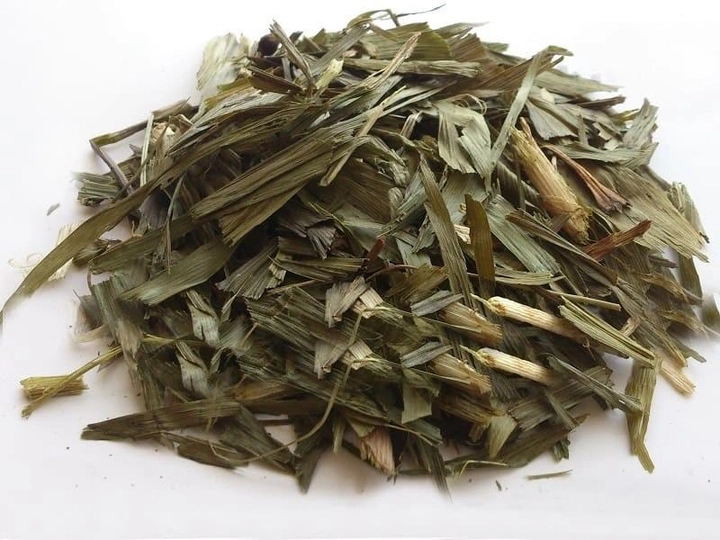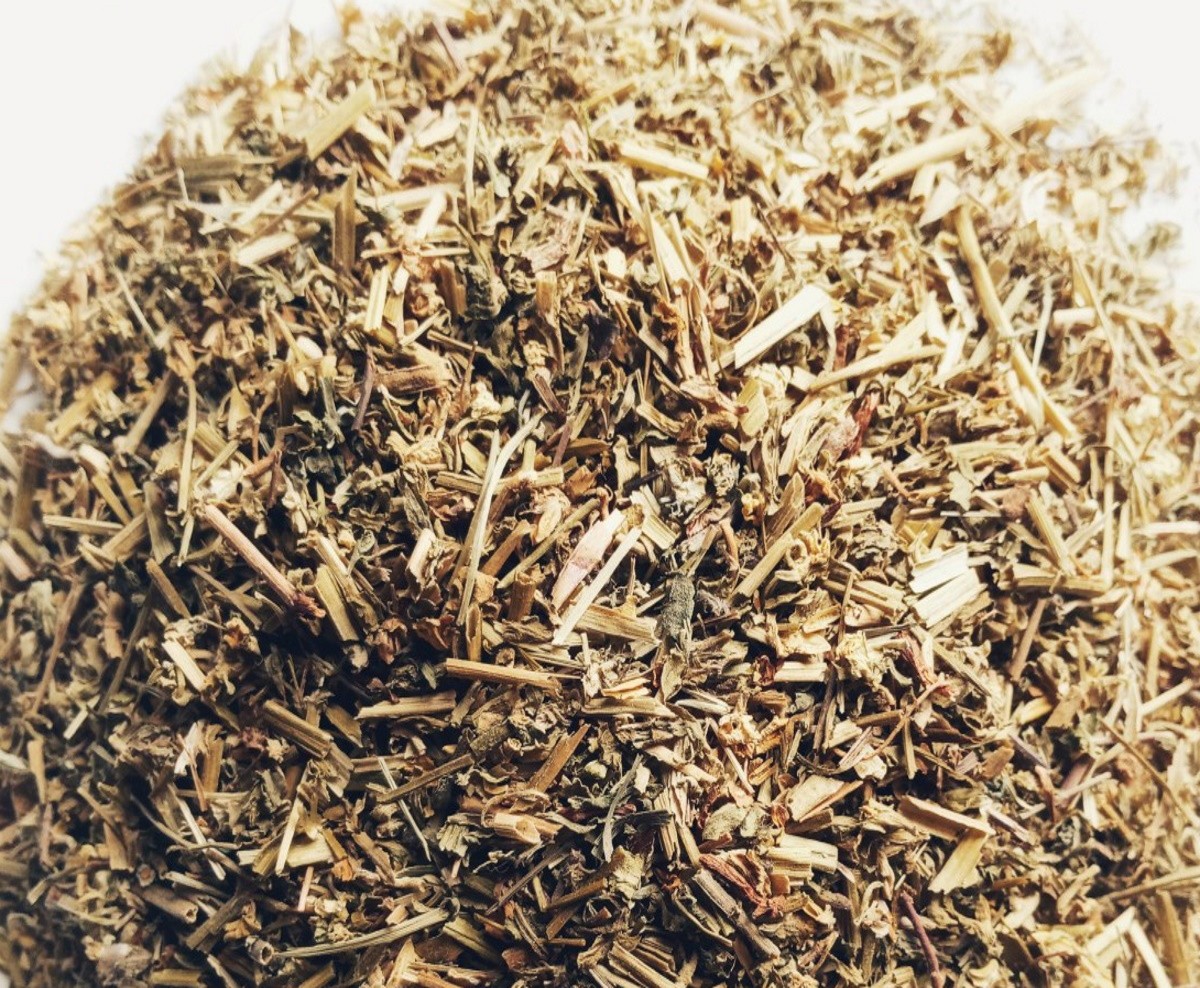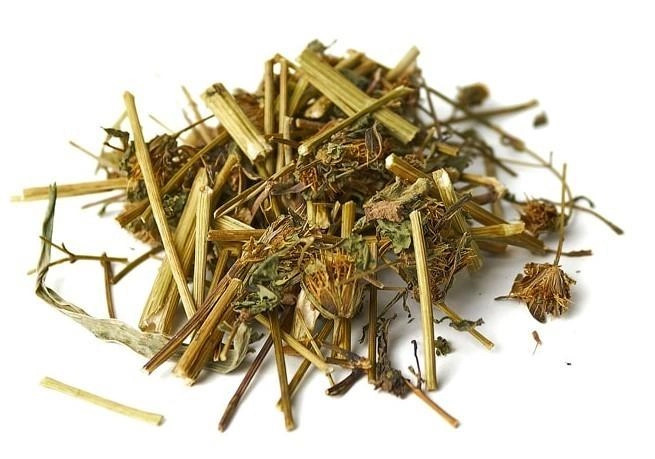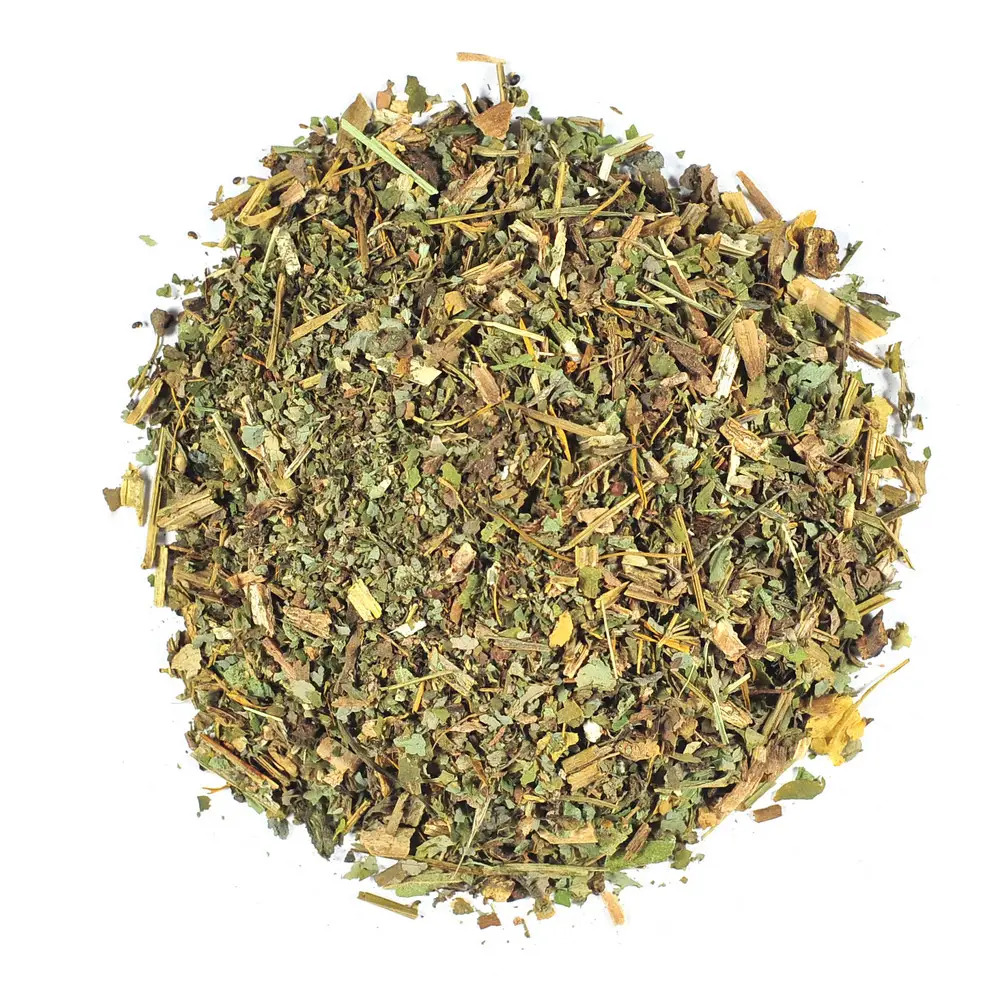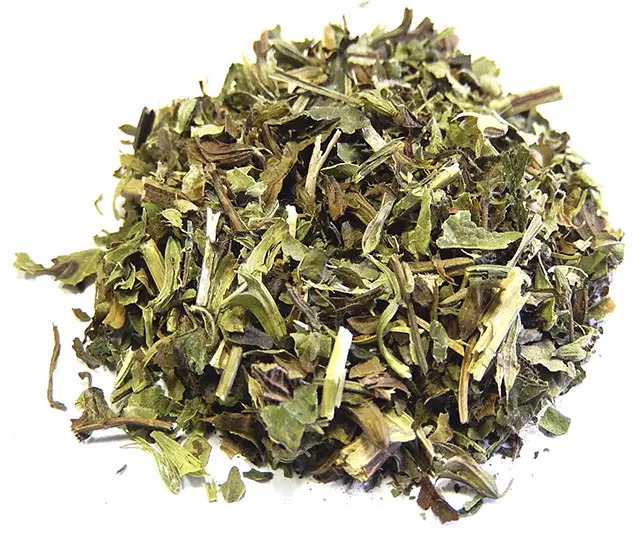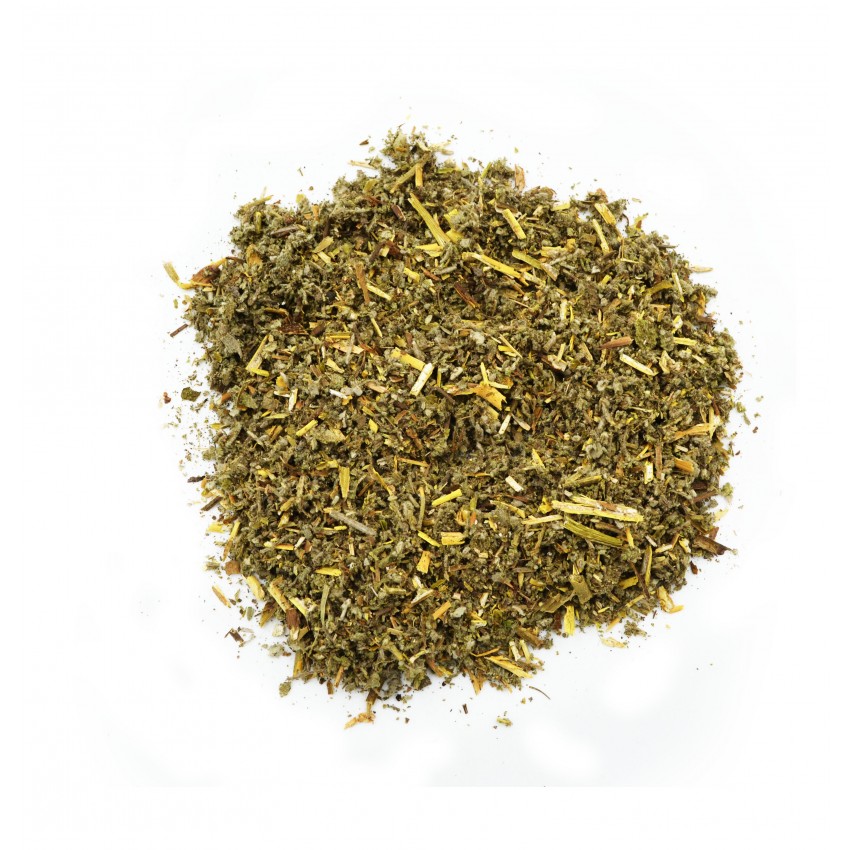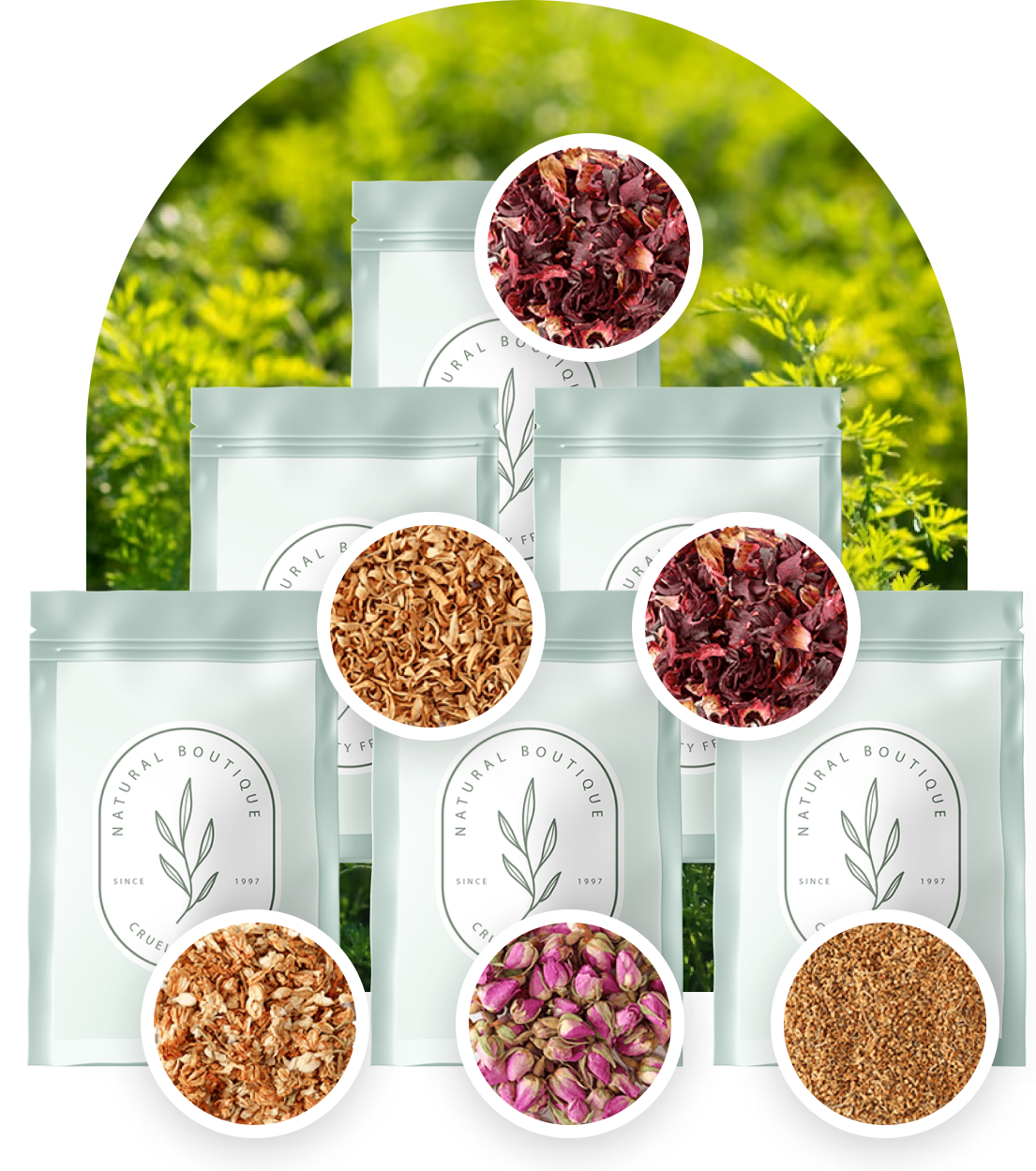Thyme has a wide range of beneficial properties. It has a diaphoretic, antispasmodic, expectorant and anti-inflammatory effect and can be used as an antitussive, wound healing, disinfectant and anti-rheumatic agent. Thyme also helps to calm the nervous system and can inhibit the growth of coccal microflora and pathogenic fungi.
Thyme-based products improve pancreatic function, stimulate the digestive system and increase appetite. They are especially useful for people with low gastric acidity and duodenal ulcers.
In addition, due to its ciliated epithelium stimulating properties and bactericidal effect, thyme is used in the treatment of pulmonary diseases and upper respiratory tract inflammations, such as whooping cough, bronchitis, bronchial asthma and ARI. It is also recommended for the treatment of tonsillitis and spasmodic cough.
In dentistry, thyme-based products are used for rinses for oral ulcers, alveolar pyorrhea, and other inflammatory diseases.
In popular medicine, thyme decoction is used for internal use as a remedy for flatulence, as well as to reduce abdominal swelling. It is also used to treat gastrointestinal diseases, nervous disorders, insomnia, diabetes mellitus, fatigue, and nighttime urinary incontinence. Thyme is part of the complex therapy of tachycardia, which is associated with hormonal disorders.
